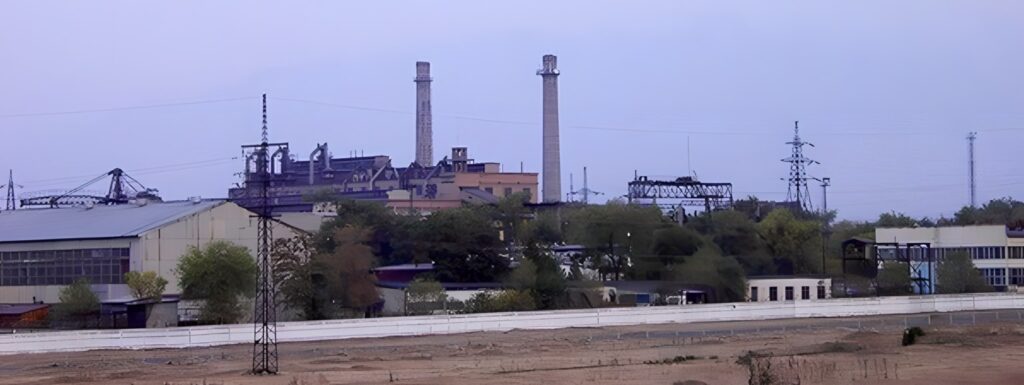U.S. Ranks Among Top Ten in Uzbekistan’s Foreign Trade Turnover
The Statistics Agency of Uzbekistan has presented information on the country’s foreign trade turnover for January – May 2024. The republic’s foreign trade turnover (FTT) reached $26.7 billion during the reporting period. The volume of exports was $10.8 billion, and the volume of imports was $15.8 billion. Compared to the same period last year, the volume of exports increased by 1.9%, and the volume of imports increased by 3.7%. Uzbekistan’s negative foreign trade balance has reached $5 billion.
China has retained its position as Uzbekistan’s largest trading partner. During the reporting period, the volume of mutual trade reached $5 billion, which is 18.9 % of the republic’s total foreign trade turnover. A significant segment of foreign trade turnover was also registered with Russia (17.9%), Kazakhstan (5.9%), Turkey (4.5%), and South Korea (3.4%).
Top 10 countries with the highest share in foreign trade turnover of Uzbekistan in January-May 2024 were: China – $5.05 billion; Russia – $4.78 billion; Kazakhstan – $1.58 billion; Turkey – $1.19 billion; Korea – $920 million; France – $471 million; Turkmenistan – $455 million; Germany – $426 million; the USA – $386 million; and Afghanistan – $382 million.
For the five months in question, exports without gold increased by 5.9%, almost $6.58 billion. During this period, the share of gold exports decreased from 40.3% to 38.6 %, or $4.2 billion. Furthermore, the share of industrial products in total exports rose from 15.8% to 15.9%, chemicals from 4.3% to 5.6%, mineral fuels from 3% to 3.2%, and machinery and transport equipment from 4.5% to 4.6%, whilst the share of food products and live animals decreased from 6.3% to 5.8%.
Machinery and transport equipment (37.3 %), industrial goods (15.2 %), and chemicals and similar products (12.3 %) accounted for the largest share of imports.








